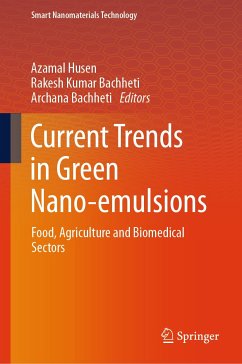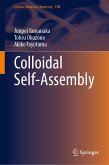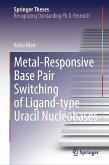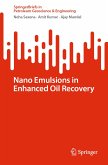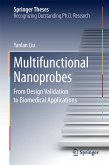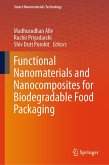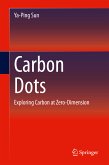This book gives a complete overview of current developments on the green synthesis and extraction of nano-emulsions for numerous uses in food, agriculture, biomedical, and cosmetics sectors. In the food and agriculture section, the book demonstrates the use of nano-emulsions to deliver nutraceuticals, coloring, and flavoring agents, in the development of biodegradable coating, improving the quality of packing films and enhancing the shelf life and nutritional value of foods. It also shows that nano-emulsions are very good for pesticides formulation where it enhances the solubility of poorly water-soluble pesticides, resulting in increased pesticide bioactivity compared to conventional pesticides. In the biomedicine applications section, the chapters show that nano-emulsion can dissolve hydrophobic drugs and is used as a drug delivery system for many cancers treatment such as lung cancer, breast cancer, prostate cancer, liver, and gastric cancer. Also, nano-emulsions are an excellent candidate for encapsulating drugs or imaging probes for targeted delivery and immunotherapy. This book caters to scientists, researchers, and students interested in nanotechnology, nanomedicine, environmental science, plant science, agriculture, chemistry, biotechnology, pharmacognosy, pharmaceuticals, industrial chemistry, and many other interdisciplinary subjects.
Dieser Download kann aus rechtlichen Gründen nur mit Rechnungsadresse in A, B, BG, CY, CZ, D, DK, EW, E, FIN, F, GR, HR, H, IRL, I, LT, L, LR, M, NL, PL, P, R, S, SLO, SK ausgeliefert werden.

